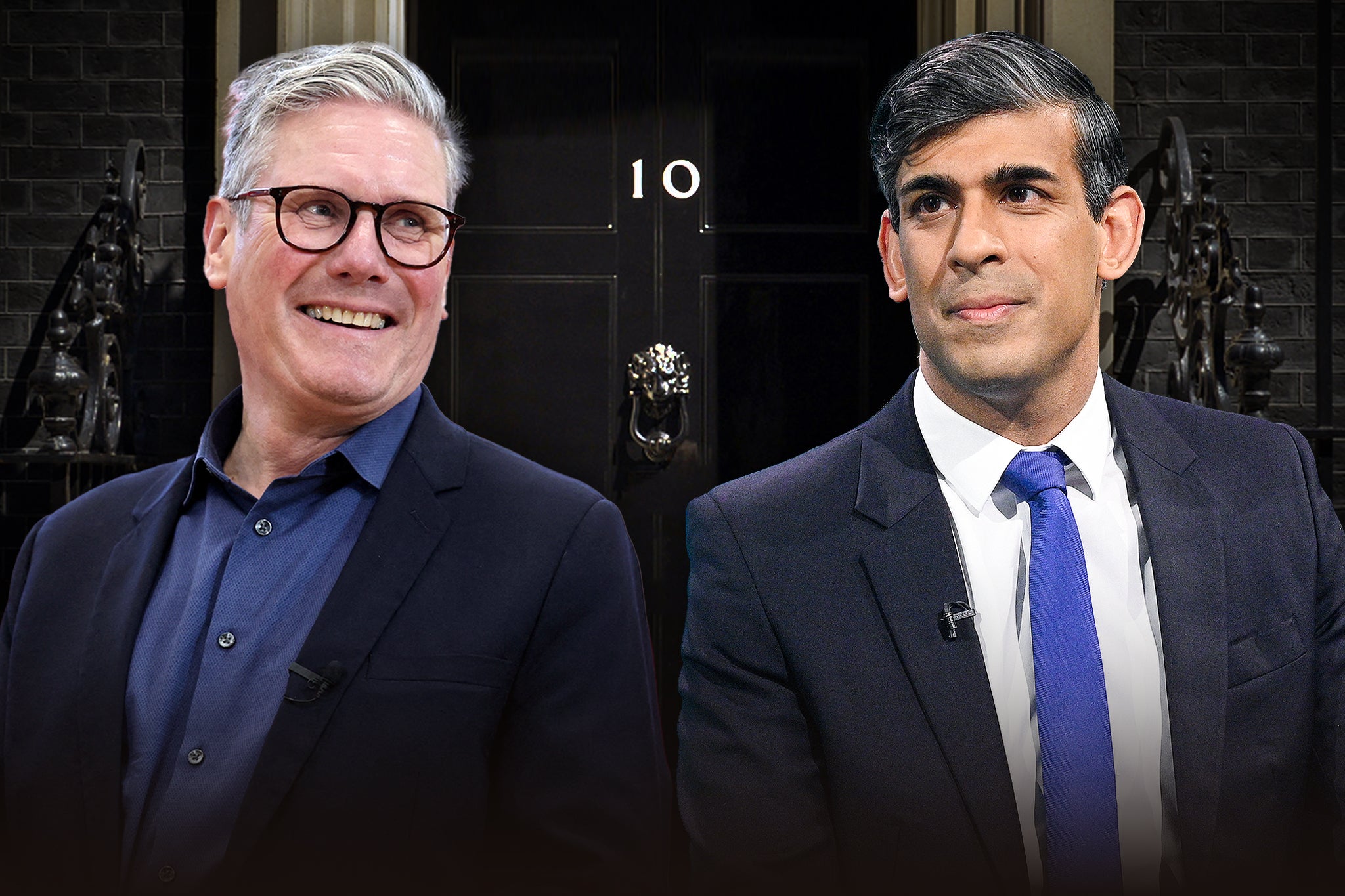Party membership fell again last year despite impending general election
The major political parties ramped up their spending but saw membership dwindle ahead of the July general election, figures show
Your support helps us to tell the story
From reproductive rights to climate change to Big Tech, The Independent is on the ground when the story is developing. Whether it's investigating the financials of Elon Musk's pro-Trump PAC or producing our latest documentary, 'The A Word', which shines a light on the American women fighting for reproductive rights, we know how important it is to parse out the facts from the messaging.
At such a critical moment in US history, we need reporters on the ground. Your donation allows us to keep sending journalists to speak to both sides of the story.
The Independent is trusted by Americans across the entire political spectrum. And unlike many other quality news outlets, we choose not to lock Americans out of our reporting and analysis with paywalls. We believe quality journalism should be available to everyone, paid for by those who can afford it.
Your support makes all the difference.Membership of the main political parties continued to decline last year even as they stepped up preparations for the General Election, newly published accounts have shown.
Labour lost another 37,000 members over the course of 2023, bringing its total membership at the end of the year to 370,450.
Although Labour remained by far the largest party in the UK, the figure is well down on its recent peak of 532,046 at the end of 2019.

Despite this drop in membership, the party reported a smaller deficit than it expected as it increased spending in preparation for the election.
Having expected to lose £2.5 million over 2023, the actual figure was £851,000, which treasurer David Evans ascribed to “an increase in high value donations”, offsetting investment in staffing levels, technology and a “more appropriate” head office.
Labour was not alone in seeing a decline in membership in 2023. The Liberal Democrats lost around 11,000 members and while the Conservatives do not publish membership figures, income for the party from membership fees fell from £1.97 million to £1.5 million.
But where Labour recorded a deficit in 2023, both the Lib Dems and Conservatives recorded surpluses.
Significant increases in donations and income from its party conference saw the Liberal Democrats end 2023 with a surplus of £271,258, while the Conservatives managed a surplus of £17.9 million – helped by a £10 million bequest from Lord John Sainsbury.
In his report on the accounts, signed off the day before Rishi Sunak called this year’s election, Tory treasurer Alan Mabbutt said the party had enjoyed its must successful fundraising quarter in a non-election year at the start of 2023, stabilising its finances after the chaos of 2022.
He said: “The board remains confident that sufficient funding will be generated in 2024 to build on this positive result and support the spending ambitions of a general election campaign.”
However, during the campaign itself, the Tories struggled to raise money while Labour secured millions in donations.
Meanwhile, ongoing turmoil in the Scottish National Party during 2023 saw its membership continue to decline sharply, losing around 18,000 members over the course of the year.
Between 2019 and 2023, membership of the SNP almost halved from 125,691 to 64,525.

But the party still ended the year with a surplus of £661,568, compared to a deficit of £804,278 in 2022, partly due to imposing two levies on local branches to fund the Rutherglen and Hamilton West by-election and preparations for the General Election.
SNP treasurer Stuart Campbell McDonald said the party was attempting to “pre-empt cancellations” by offering members options to reduce their payments.
Not every party saw a significant drop in membership, however. The Green Party saw membership remain stable at around 53,000 – up slightly from 49,000 in 2019 – while Reform UK claimed its membership had grown “significantly”, although it did not publish figures.
Reform also reported total donations of £1.3 million for the year, almost double the total for 2022 – although only £295,000 of that was eligible to be reported to the Electoral Commission.
At the time, donations of less than £7,500 did not have to be reported – a figure that has since increased to £11,180.

Join our commenting forum
Join thought-provoking conversations, follow other Independent readers and see their replies
Comments